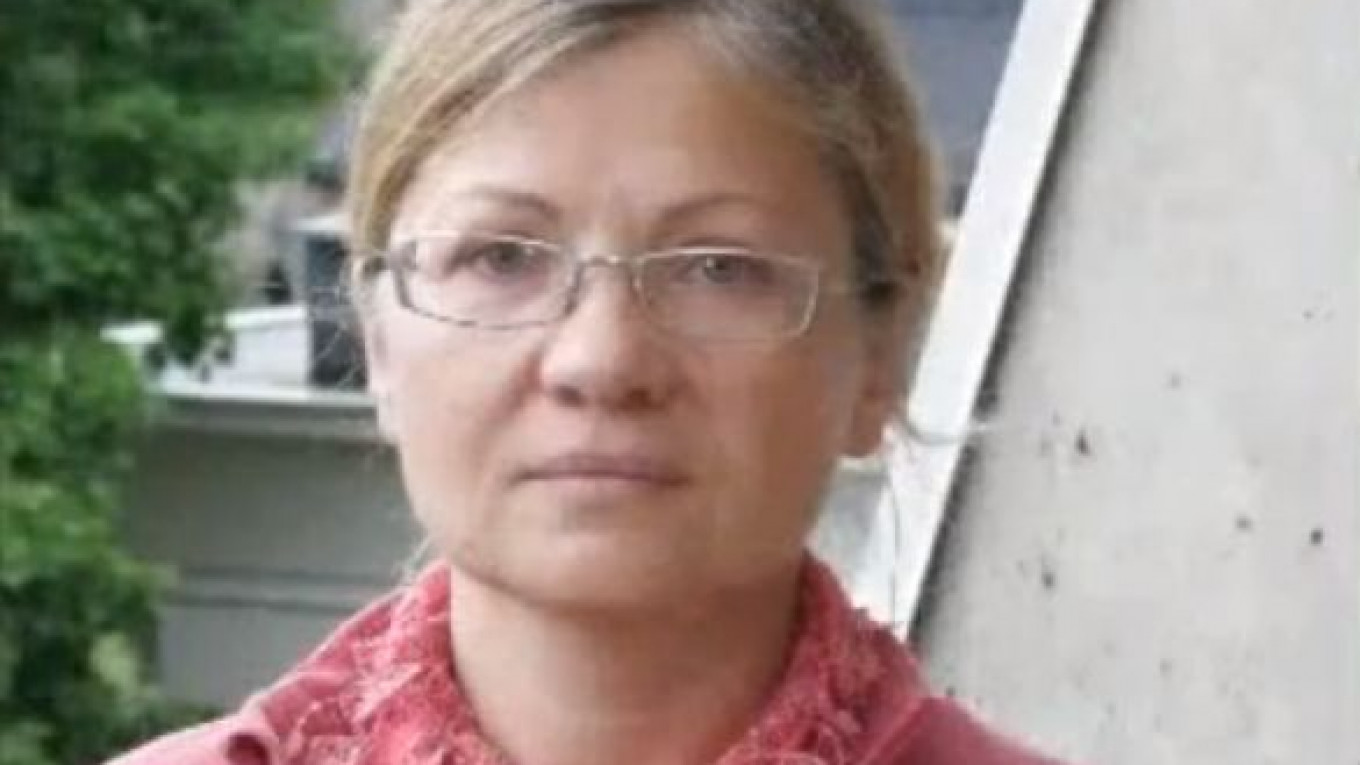A Norwegian court has deprived a Russian mother of her parental rights and awarded custody of her 5-year-old son to her Norwegian ex-husband.
He is suspected by Russian investigators of sexually abusing the boy.
The ruling terminated Irina Bergseth's rights over her son Mikhail. The court based its decision on allegations that she intended to "steal" the child and take him to Russia, she told The Moscow Times on Tuesday.
Russian investigators provided evidence of sexual abuse by the boy's father, Kurt Bergseth, but it disappeared, Irina Bergseth said.
She was notified of the ruling Saturday. It was issued April 10 by the Nedre Romerike District Court in Lillestrom after a hearing in late March.
Russia's children's rights ombudsman, Pavel Astakhov, decried the ruling as biased.
"Whatever [Irina] said was turned against her," Astakhov told Interfax late Monday, adding that Russian lawyers were not allowed to take part in the process because the boy has no Russian citizenship.
"And the arguments of the Investigative Committee simply were not accepted and were considered almost things concocted by Irina herself, although the evidence was very substantial," Astakhov said.
Suspecting sexual abuse, the Investigative Committee opened a criminal case against the father in September.
Andrei Petrikov, an Investigative Committee official, spoke before the court for about 90 minutes, citing evidence of the father's guilt.
But Judge Ingrid Smedsrud disregarded his testimony in her ruling, Irina Bergseth said.
The court accused her of seeking to steal the child, although she explicitly told the court that she wanted to live with her son in Russia, Bergseth said.
Bergseth blamed the ruling on a "bias against Russian people" and Norwegian authorities' "desire to punish a child who spoke up about a pedophile."
She said that under Norwegian law, parents accused of pedophilia are permitted continued visitation rights with their child.
She also said a Norwegian lawyer refused to help her, saying the country's courts always rule in favor of fathers suspected of pedophilia.
The court allowed her to see the boy once a year for 10 hours beginning in 2013.
The visits will take place under police supervision, and mother and son will be separated by bars.
The judge also banned any telephone or Skype conversations between the boy and his mother.
An additional condition imposed by the court bars Mikhail from traveling abroad until he turns 18.
"Norway doesn't want to give up the child because he knows too much. That is why our conversations have been outlawed," Bergseth said.
The judge obliged Bergseth to pay 300,000 rubles ($10,200) to the court "as gratitude" for the ruling, she said. The father was ordered to pay 700,000 rubles ($23,700).
It will cost Bergseth about 1.5 million rubles ($50,700) to appeal the ruling.
"I don't give a damn about the money," she said. "Let me fall into a pit of debt in Norway, but I want to fight for my kid."
Since February 2011, Bergseth had filed five complaints with Norwegian police accusing her husband of physically and sexually abusing their son, but all the complaints were rejected.
In early March 2011, a guardianship agency in the town of Bjorkelanen temporarily took away Mikhail and Bergseth's other son, Alexander Frolov, then 13, who only has Russian citizenship.
Authorities suspected that the mother was mentally ill because they found no proof to substantiate her accusations.
The guardianship agency had to return the children after a psychiatric expert found the mother sane but "shocked."
An independent medical expert, however, did find evidence of sexual abuse.
Veslemoj Ihler, an employee at the guardianship agency serving the Aurskog-Holand commune, tried to persuade Bergseth to withdraw her complaints, saying that otherwise her children would never be returned.
In late May, the agency removed the children permanently and placed them in foster families, Bergseth said.
In late July, the elder son fled his foster family and went to his mother, saying he wanted to return to Russia.
At Norway's request, Polish authorities detained them on the Russia-Poland border but refused to extradite them to Norway.
In mid-October, the two of them were allowed to return to Russia after Astakhov intervened on their behalf.
Bergseth's story is emblematic of hundreds of similar cases throughout Europe.
Scores of Russians have been deprived of their parental rights in custody cases involving children of mixed citizenship, Bergseth told a roundtable in Moscow on Friday, Rosbalt reported.
She coordinates a public advocacy group called Russian Mothers, which defends the rights of Russian parents abroad in 18 countries.
The group's registration rolls consist of 35 to 40 children forcefully estranged from their Russian parents in Finland, 15 in Norway, 20 in France and thousands in Germany, Rosbalt .
Astakhov said Monday that the children's lack of Russian citizenship prevents Russian authorities from defending their rights.
The 2002 federal law on citizenship requires parental consent to grant Russian citizenship to a child born to a Russian parent abroad.
Astakhov said the consent requirement should be abolished.
A Message from The Moscow Times:
Dear readers,
We are facing unprecedented challenges. Russia's Prosecutor General's Office has designated The Moscow Times as an "undesirable" organization, criminalizing our work and putting our staff at risk of prosecution. This follows our earlier unjust labeling as a "foreign agent."
These actions are direct attempts to silence independent journalism in Russia. The authorities claim our work "discredits the decisions of the Russian leadership." We see things differently: we strive to provide accurate, unbiased reporting on Russia.
We, the journalists of The Moscow Times, refuse to be silenced. But to continue our work, we need your help.
Your support, no matter how small, makes a world of difference. If you can, please support us monthly starting from just $2. It's quick to set up, and every contribution makes a significant impact.
By supporting The Moscow Times, you're defending open, independent journalism in the face of repression. Thank you for standing with us.
Remind me later.






